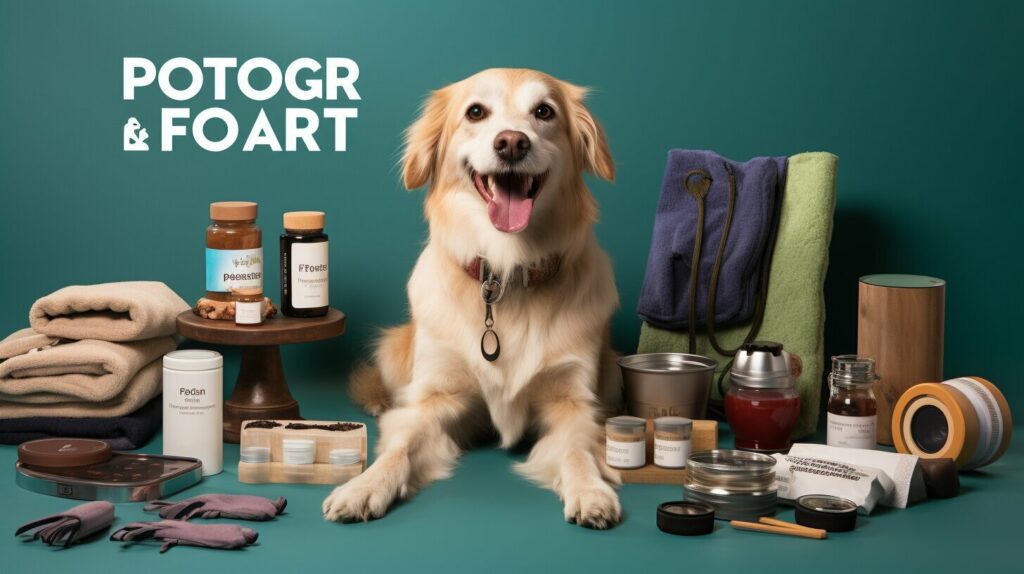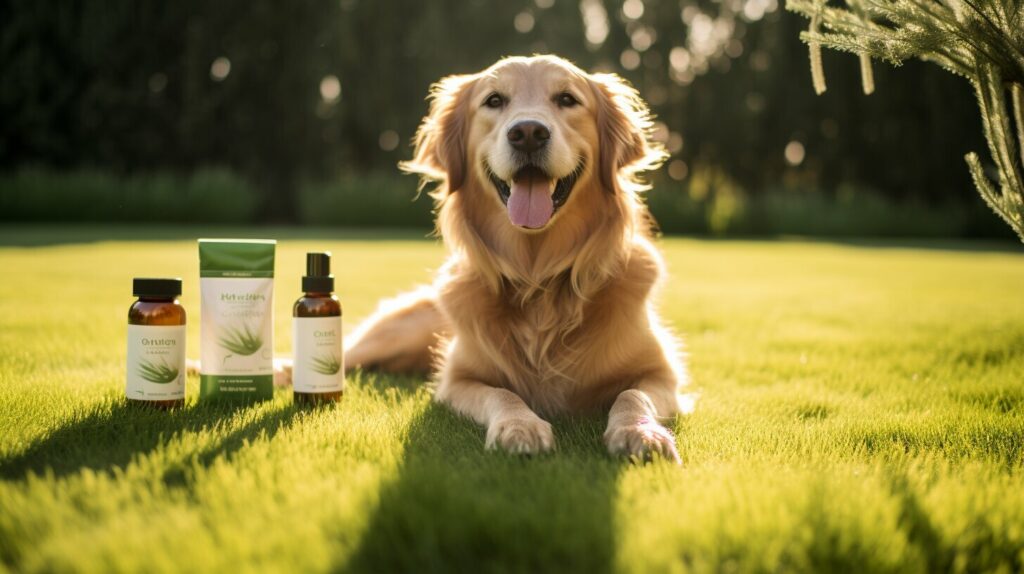If you are considering getting a new furry friend, you might want to consider a Schnauzer dog. Schnauzers are a charming and loyal breed with distinctive features that make them stand out. In this section, we will provide you with an overview of Schnauzer dogs, their different breeds, and their common characteristics.
Key takeaways:
- Schnauzer dogs are a charming and loyal breed that makes great family pets.
- There are three different breeds of Schnauzers: Miniature, Standard, and Giant.
- Schnauzers have distinctive features such as their long eyebrows and beard, which make them stand out.
Understanding the Three Schnauzer Breeds
When it comes to Schnauzer dogs, there are three different breeds: miniature schnauzers, standard schnauzers, and giant schnauzers. Each breed has its own unique characteristics, and it’s important to understand these differences when deciding which type of Schnauzer is right for you.
| Breed | Size | Appearance | Traits |
|---|---|---|---|
| Miniature Schnauzer | 10-15 inches (25-38 cm) tall at the shoulder | Distinctive eyebrows and beard, small and sturdy build | Intelligent, playful, and loyal. Great for families with children or seniors. |
| Standard Schnauzer | 17-20 inches (43-51 cm) tall at the shoulder | Strong and muscular with a square build and a bushy beard | Confident, alert, and energetic. Great for active families or individuals. |
| Giant Schnauzer | 23.5-27.5 inches (60-70 cm) tall at the shoulder | Powerful and sturdy with a thick, wiry coat and bushy eyebrows and beard | Protective, loyal, and intelligent. Great for experienced owners or families with large properties or livestock. |
Miniature Schnauzers are the most popular breed of Schnauzer, known for their small size, lively personality, and distinctive appearance. They make great family pets and are highly adaptable to different living situations.
Standard Schnauzers are the original breed of Schnauzer, bred as versatile working dogs. They are highly energetic and need plenty of exercise and mental stimulation to stay happy and healthy.
Giant Schnauzers are the largest breed of Schnauzer and were originally bred as guard dogs. They are highly protective of their family and property and require firm, consistent training and socialization from an experienced owner.
Conclusion
Understanding the different breeds of Schnauzer is important when deciding which one is right for you. Whether you choose a Miniature, Standard, or Giant Schnauzer, you can be sure that you’re getting a loyal, intelligent, and loving companion for life.
Getting to Know Schnauzer Puppies
If you’re thinking of adding a Schnauzer puppy to your family, it’s important to understand their early development and socialization needs. Here’s what you need to know about Schnauzer puppies:
Early Development
Like all puppies, Schnauzer puppies require a lot of attention and care during their first few months of life. They will need frequent meals, plenty of rest, and lots of opportunities for play and exploration.
It’s also important to start introducing your Schnauzer puppy to different people, animals, and environments during this critical period of socialization. This will help them develop into well-adjusted adult dogs.
Socialization Needs
Schnauzers are known for being loyal and protective of their families, but they can also be prone to anxiety and aggression if not properly socialized. To prevent these issues, it’s important to expose your Schnauzer puppy to as many different people, animals, and settings as possible.
Positive reinforcement training is also key to socializing your Schnauzer puppy. Rewarding good behavior with praise, treats, and toys can help them build confidence and develop positive associations with new experiences.
Effective Training Tips
Training your Schnauzer puppy is an essential part of their early development. Here are some effective training tips:
- Start training your Schnauzer puppy early and be consistent with your commands and expectations.
- Use positive reinforcement techniques to reward good behavior and discourage bad behavior.
- Teach your Schnauzer puppy basic commands like “sit,” “stay,” and “come,” as well as more advanced behaviors like leash walking and tricks.
- Attend puppy training classes with your Schnauzer to socialize them with other dogs and learn from a professional trainer.
Remember, training your Schnauzer puppy is a lifelong commitment. Consistent training and reinforcement will help them become well-behaved, happy adult dogs.
Unleashing the Personality of Schnauzers
When it comes to personality traits, it’s hard not to fall in love with Schnauzer dogs. Known for their affectionate and loyal nature, these dogs make excellent companions.
One of the most notable characteristics of Schnauzers is their intelligence. They are quick learners and thrive on mental stimulation, making them great training partners. Additionally, their protective instincts and alertness make them excellent guard dogs.
Another charming trait of Schnauzers is their sense of humor. They are playful and mischievous, and their antics can often leave their owners in fits of laughter.
However, Schnauzers can also be stubborn at times, and their independent nature may require patience and consistency in training. Early socialization and positive reinforcement can help ensure your Schnauzer develops good habits and behaviors.
In summary, Schnauzer dogs have a winning combination of intelligence, loyalty, protectiveness, humor, and independence that make them an excellent choice for a family pet.
Healthcare and Grooming for Schnauzers
Schnauzers are a sturdy breed that require regular grooming to maintain their distinctive appearance. Proper grooming also helps keep your Schnauzer healthy by preventing skin irritations and matting of their fur. Here are some tips to help you take care of your Schnauzer’s grooming needs:
| Grooming Activity | Frequency |
|---|---|
| Brushing | 2-3 times per week |
| Bathing | 1-2 times per month |
| Nail trimming | Every 4-6 weeks |
| Teeth cleaning | 2-3 times per week |
When brushing your Schnauzer, use a slicker brush to remove any loose fur and prevent matting. Pay extra attention to the areas around their ears and legs, as these tend to tangle easily. Trim any fur around their eyes and ears with scissors or clippers to prevent irritation.
When giving your Schnauzer a bath, use a mild dog shampoo and warm water. Be sure to rinse thoroughly to avoid leaving any soap residue on their skin. After bathing, use a towel to dry your Schnauzer and prevent them from catching a chill.
Regular nail trimming is essential to prevent overgrowth, which can cause discomfort and difficulty walking. Use a sharp pair of scissors or a guillotine-style nail clipper to trim your Schnauzer’s nails, being careful not to cut into the quick, which can cause bleeding and pain.
To maintain your Schnauzer’s dental health, brush their teeth regularly using a dog-specific toothbrush and toothpaste. You can also give them dental chews or toys to help remove tartar buildup.
By following these grooming tips and establishing a regular grooming routine, you can keep your Schnauzer healthy and looking their best.
Training Tips for Schnauzer Dogs
Training your Schnauzer is an essential part of their overall care. These intelligent and loyal dogs thrive on mental stimulation and physical activity, making training an excellent way to provide both. Here are some tips for effective Schnauzer training:
- Start early: Schnauzer puppies are eager to learn and adapt quickly to new experiences. Begin training as early as possible to establish good habits and prevent problem behaviors.
- Be consistent: Consistency is key when it comes to training Schnauzers. Use the same commands, rewards, and consequences every time to reinforce positive behaviors and discourage negative ones.
- Focus on positive reinforcement: Schnauzers respond well to positive reinforcement, such as treats, praise, and playtime. Use these rewards to reinforce good behavior and motivate your dog to learn and obey commands.
- Use force-free methods: Physical punishment or aversive training methods can damage the bond between you and your Schnauzer and cause unnecessary stress and fear. Instead, use force-free training techniques, such as clicker training or rewards-based training, to build trust and reinforce positive behaviors.
- Socialize your Schnauzer: Socialization is crucial for Schnauzers, especially during the puppy stage. Introduce your dog to new people, animals, and environments to build their confidence and prevent fear-based behaviors.
- Train for specific activities: Schnauzers excel at a wide range of activities, such as obedience, agility, and tracking. Consider training your dog for a specific activity that matches their interests and abilities to keep them mentally and physically engaged.
- Be patient: Training takes time and patience, especially with a spirited breed like the Schnauzer. Don’t get discouraged by setbacks or slow progress, and celebrate your dog’s successes along the way.
By following these training tips, you can help your Schnauzer become a well-behaved and happy companion. Remember to focus on positive reinforcement, be consistent, and provide plenty of socialization and mental stimulation to keep your Schnauzer mentally and physically healthy.
Exercise and Mental Stimulation for Schnauzers
Schnauzers are active dogs that require daily exercise to maintain optimal physical and mental health. Regular walks or runs, plenty of playtime, and interactive toys are ideal ways to provide your Schnauzer with the physical activity they need.
In addition to physical exercise, Schnauzers also require mental stimulation to keep their intelligent minds engaged and prevent boredom. Puzzle toys, obedience training, and interactive games are effective ways to provide mental stimulation.
| Activity | Duration/Frequency | Benefits |
|---|---|---|
| Walks or Runs | At least 30 minutes daily | Improves cardiovascular health, builds muscle, and provides mental stimulation through outdoor exploration |
| Playtime | At least 30 minutes daily | Strengthens bond with owner, provides mental stimulation through interactive play, and reduces stress levels |
| Puzzle Toys | Offer as needed | Provides mental stimulation, reduces destructive behavior, and prevents boredom |
| Training Sessions | 20-30 minutes per day | Improves obedience, strengthens bond with owner, and provides mental stimulation |
Keep in mind that the exercise and mental stimulation needs of your Schnauzer may vary based on their age, breed, and overall health. Consult with your veterinarian to determine the most suitable exercise routine and mental stimulation activities for your furry friend.
Schnauzers as Family Pets
If you’re considering getting a new pet, Schnauzers can be an excellent choice. Their distinct characteristics and playful nature make them a great addition to any family.
Schnauzer Characteristics
Schnauzers are known for their loyalty, intelligence, and protective nature. They are also highly adaptable, making them a good fit for various living situations. Schnauzers are hypoallergenic, with minimal shedding, which is excellent for families with allergies.
Schnauzer Care
Schnauzers need regular grooming to keep their coat healthy and shiny. It is essential to trim their hair around the eyes and ears regularly. Additionally, they require plenty of exercise, as they tend to have high energy levels. Make sure to provide them with at least 30 minutes of physical activity each day. Schnauzers are prone to several health issues, such as obesity and hip dysplasia, so regular check-ups with a veterinarian are necessary.
Suitability for Family Life
Schnauzers are excellent family pets, known to be affectionate with their owners. They love to play and have fun, which makes them popular amongst children. However, it’s essential to supervise them with young children, especially during playtime, as Schnauzers can be very active and playful. They get along well with other pets, although early socialization is crucial for peaceful coexistence.
Overall, Schnauzers can make fantastic family pets, providing endless entertainment and love. Just ensure that you provide them with the care and attention that they need to thrive.
Conclusion
Now that you know everything about Schnauzer dogs, it’s easy to see why they make such great pets. With their unique characteristics and loyal personalities, Schnauzers are a perfect fit for any family. Whether you’re looking for a companion to keep you company on long walks or a playful new addition to your home, Schnauzers are a fantastic choice.
Remember, proper care and training are essential for a happy and healthy Schnauzer. From grooming and healthcare to exercise and mental stimulation, taking care of your Schnauzer is a lifelong commitment. But with their loving nature and charming personalities, it’s a commitment you won’t regret.
FAQ
Q: What are the different breeds of Schnauzer dogs?
A: The three main breeds of Schnauzer dogs are miniature Schnauzers, standard Schnauzers, and giant Schnauzers.
Q: What are the common characteristics of Schnauzer dogs?
A: Schnauzer dogs are known for their intelligence, loyalty, and protective nature.
Q: What should I know about Schnauzer puppies?
A: Schnauzer puppies require proper socialization, training, and early development to become well-rounded dogs.
Q: How should I groom and care for a Schnauzer?
A: Schnauzers require regular grooming to maintain their distinctive coat, and it is important to provide them with proper veterinary care to ensure their health.
Q: How can I effectively train my Schnauzer?
A: Obedience training and socialization are essential for Schnauzers, and addressing problem behaviors through consistent training techniques is key.
Q: What are the exercise needs of Schnauzer dogs?
A: Schnauzers need regular exercise to keep them physically and mentally stimulated, which helps maintain their overall well-being.
Q: Are Schnauzers suitable as family pets?
A: Schnauzers can make great family pets, but it is important to consider their compatibility with children, other pets, and different living situations.
Q: What are the key points to know about Schnauzer dogs?
A: Schnauzer dogs come in different breeds, have distinct characteristics, require proper care and grooming, need effective training, and thrive with regular exercise. They can be wonderful family pets with their unique qualities.



